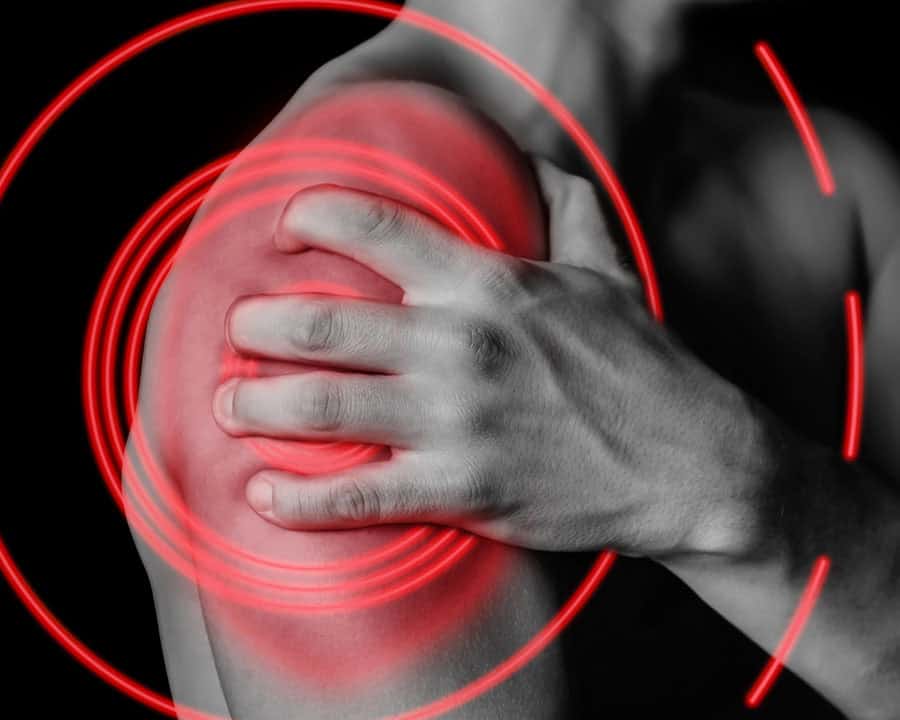At Bellefleur Physiotherapy in Ottawa, we often encounter patients struggling with pain and discomfort, and a common culprit behind these issues is inflammation. But what exactly is inflammation, and how should it be managed for optimal recovery? Let’s delve into this vital biological process.
What is Inflammation?
Inflammation is your body’s natural response to injury, infection, or irritation. It’s a complex protective mechanism involving immune cells, blood vessels, and molecular mediators. Think of it as your internal alarm system, signaling that something is wrong and initiating the healing process.
There are two main types of inflammation:
- Acute Inflammation: This is the immediate, short-term response to sudden body damage, like a sprained ankle or a cut. You’ll typically notice redness, heat, swelling, pain, and sometimes loss of function. This initial phase is crucial for clearing damaged cells and pathogens, preparing the area for repair.
- Chronic Inflammation: This occurs when the inflammatory response lingers for weeks, months, or even years. It can be caused by unresolved acute inflammation, autoimmune diseases (where your body attacks its own tissues), exposure to irritants, or lifestyle factors. Chronic inflammation is often less obvious but can lead to significant tissue damage and contribute to various chronic diseases like arthritis, heart disease, and diabetes.
What Causes Inflammation?
A wide range of factors can trigger inflammation:
- Injuries: Cuts, sprains, fractures, burns, and other physical traumas.
- Infections: Bacteria, viruses, fungi, and parasites.
- Toxins: Exposure to pollutants, chemicals, and irritants.
- Autoimmune Diseases: Conditions like rheumatoid arthritis or lupus, where the immune system mistakenly attacks healthy tissues.
- Allergies: Allergic reactions can trigger inflammatory responses.
- Lifestyle Factors: Poor diet (high in processed foods, sugar, unhealthy fats), lack of exercise, stress, and insufficient sleep can all contribute to chronic inflammation.
 Treating Inflammation Correctly: Beyond the Ice Pack
Treating Inflammation Correctly: Beyond the Ice Pack
When inflammation strikes, many people instinctively reach for an ice pack. While ice might provide temporary pain relief by numbing the area, it’s increasingly understood that ice is often not a feasible long-term treatment and can actually hinder the natural healing process.
Here’s why we at Bellefleur Physiotherapy recommend rethinking the R.I.C.E. (Rest, Ice, Compression, Elevation) protocol, particularly the “Ice” component:
- Impedes Blood Flow: Inflammation involves increased blood flow to the injured area, bringing essential healing cells and nutrients. Ice causes vasoconstriction (narrowing of blood vessels), which reduces this crucial blood flow, potentially delaying the delivery of these healing factors.
- Delays Swelling Resolution: Swelling, while uncomfortable, is part of the healing process. It brings fluid rich in healing compounds to the site. By constricting vessels, ice can prevent the natural ebb and flow of this fluid, potentially prolonging its presence rather than reducing it efficiently.
- Slows Cellular Activity: The cellular processes involved in healing are temperature-dependent. Cooling the tissues excessively can slow down the metabolic activity of cells, including those responsible for repair and regeneration.
- Masks Pain without Addressing the Cause: While numbing pain might feel good in the short term, it doesn’t address the underlying issue. Our goal is to promote healing, not just suppress symptoms temporarily.
A Better Approach to Managing Inflammation
Instead of solely relying on ice, effective inflammation management focuses on supporting your body’s natural healing capabilities and addressing the root causes. Here’s what we recommend:
- Movement is Medicine (Appropriate Movement): While initial rest might be necessary, prolonged immobility can be detrimental. Gentle, controlled movement, guided by a physiotherapist, promotes circulation, reduces stiffness, and helps your body clear inflammatory byproducts.
- Compression: Using bandages or compression sleeves can help manage swelling by providing external support and encouraging fluid return without excessively restricting blood flow.
- Elevation: Raising the injured area above the level of your heart can assist gravity in draining excess fluid.
- Heat (in appropriate stages): Later in the healing process, or for chronic muscle stiffness, heat can be beneficial by increasing blood flow and relaxing muscles. Always consult with a professional to determine if and when heat is appropriate.
- Manual Therapy: Techniques such as massage, mobilization, and manipulation performed by a physiotherapist can help reduce pain, improve range of motion, and optimize tissue healing.
- Exercise Prescription: A tailored exercise program is crucial for restoring strength, flexibility, and function, preventing re-injury, and addressing muscle imbalances that may contribute to chronic inflammation.
- Anti-inflammatory Diet: Incorporating foods rich in omega-3 fatty acids, antioxidants, and fiber (e.g., leafy greens, berries, fatty fish) and reducing processed foods, sugar, and unhealthy fats can significantly support your body’s ability to manage inflammation internally.
- Stress Management and Sleep: Chronic stress and poor sleep can exacerbate inflammation. Techniques like mindfulness, meditation, and ensuring adequate, quality sleep are vital.
When to Seek Professional Help
If you’re experiencing persistent pain, swelling, or have concerns about an injury or chronic inflammatory condition, don’t hesitate to contact Bellefleur Physiotherapy. Our team of experienced physiotherapists can accurately assess your condition, explain the underlying causes of your inflammation, and develop a personalized treatment plan that promotes effective healing and long-term well-being.
Let us help you understand and manage inflammation, so you can get back to living your life to the fullest!







